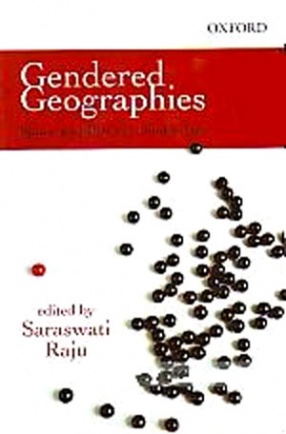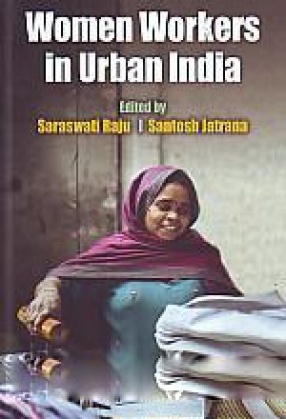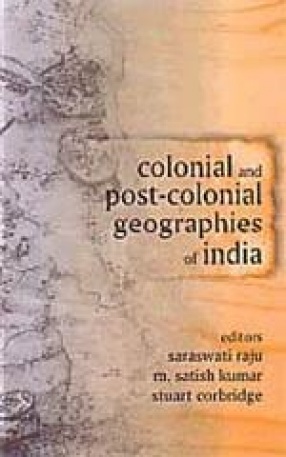Space’ and ‘place’ mediate gendered norms and practices through a complex interplay of social structures and institutions. They, in turn, impact women’s life experiences significantly in terms of how they are played out in different contexts.
Based on detailed studies across South and Southeast Asia, the essays in Gendered Geographies foreground how gendered roles and practices intersect with the concepts of space and place. Drawing upon cases from India, Pakistan, Bangladesh, Sri Lanka, Nepal, and Malaysia, they interrogate this convergence to explore how it produces and reproduces traditional hierarchies of power and privileges in a society. The contributions examine the everyday lives of women vis-à-vis issues of national and transnational identities, gendered struggles in livelihood, and the negotiations and contestations adopted by them.
This volume is a reflection of the recent ‘spatial turn’ in the social sciences a paradigm shift that has helped to reclaim the explanatory power of space and place in social theory. In doing so, it questions the conventional definition of space as absolute.
This book will be of considerable interest to students and scholars of geography, gender studies, sociology, social anthropology, and development studies.








There are no reviews yet.